Rascallion Wines and Propeller are now working together to introduce its range of premium South African wines to independent wine merchants, specialist retailers, and the on-trade.
“We literally met through The Buyer,” is how Ross Sleet explains how he first came across Jamie Wynne-Griffiths and his new Propeller wine supply business.
He is actually referring to the profile that The Buyer ran on Propeller on February 22 in which Wynne-Griffiths was able to explain, in detail, just how his new concept works and how it potentially gives producers and brand owners, like Rascallion, a more hands-on and risk-free way of getting into the cut-throat UK market.
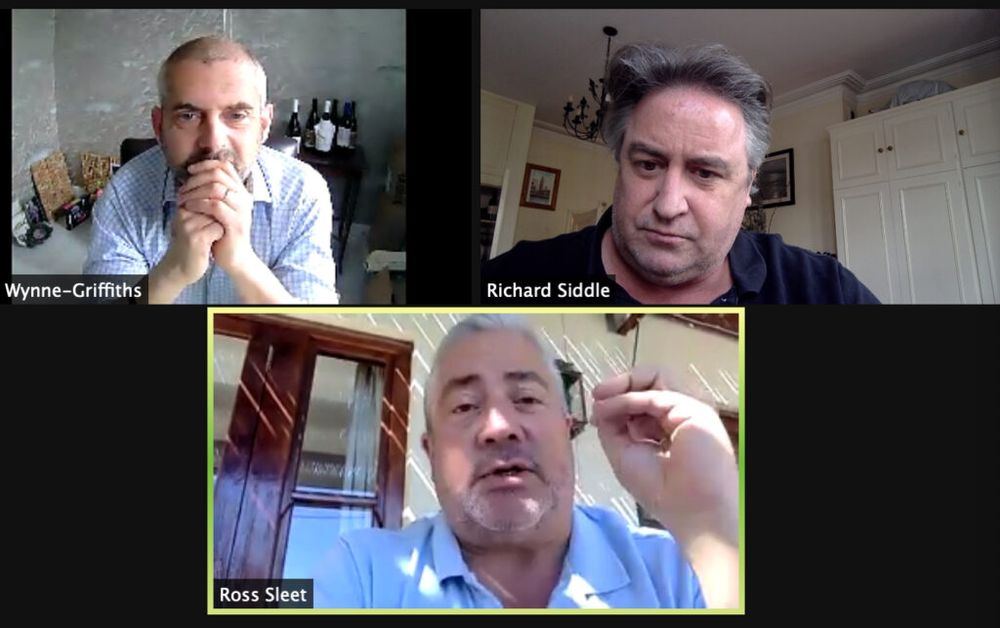
Ross Sleet of Rascallion Wine explains how he is working with Jamie Wynne-Griffiths’ Propellor business to introduce his range of premium South African branded wines to independent specialists and the premium on-trade
In a nutshell Propeller is all about acting as a producer’s feet on the ground in the UK. Doing the face-to-face work of putting their wines in front of key buyers across specialist retail, independent wine merchants and the premium on-trade. Its key difference being that the producer is intimately involved in the pricing, customer relationships and marketing output, and together they work towards building a sustainable business here.
“We are not margin driven,” explains Wynne-Griffiths, “we are focused on providing a transparent and dynamic service for the fixed retainer we receive from the producer. Other wholesalers, by comparison, are understandably motivated by their need to generate a 15 to 30 % margin. By driving Ross’s profile and volumes we will be helping to make the case for other producers to join us, and in doing so help (a little) to increase the diversity of wines available to consumers.
Crucially a producer also gets to own his customer contacts. So, if and when it decides to move on and join a more traditional agency (which Propeller will help them find), or utilise another route to market, it can take all its customer contacts with them. Something that it is very hard to do when working with a more traditional importer and distributor, says Wynne-Griffiths.
It’s a business model that very much appealed to Sleet, who had for some time been trying to find the most cost-effective route of getting the Rascallion portfolio into the UK.
Sharing the risk
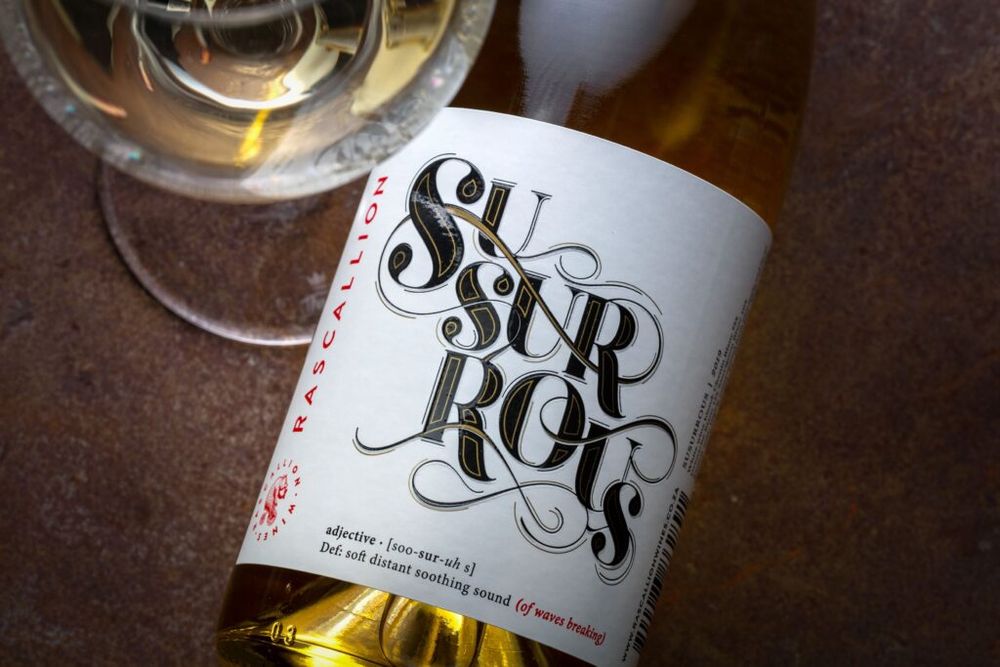
The Rascallion Word Collection looks to demonstrate the best of what South Africa can do with blended wine
Sleet says what he particularly likes about the Propeller model is that both sides are sharing the risk but can also jointly benefit from the triumphs too. “That’s the key. The risk is shared so that means the hunger and drive to be successful is shared as well,” says Sleet.
You are also, he stresses, not just sitting as one of 100s of other wines on a major distributor’s list just waiting to be noticed and picked up.
He also loves the fact he can work with someone who can make instant decisions and put things in to action straight away. “We are very excited about what Jamie’s team can offer us. We can decide something to do together today, and we can start doing it tomorrow. I know the UK market well. I worked there for a number of years, but it is hard when you are not on the ground living and breathing it every day,” explains Sleet.
From that first phone call it took less than four weeks for the two to come together with a formal partnership and for Propeller to start the selling the wines. A similar deal with a major traditional distributor would take months to complete by comparison, says Wynne-Griffiths.
Meeting of minds
Sleet says that first conversation with Wynne-Griffiths was like a “meeting of minds”. He also liked the fact there was a clear gap, and opportunity within Propeller’s portfolio for a brand and range like Rascallion.
The flexibility of the Rascallion business was also a major attraction, says Wynne-Griffiths. “We are both nimble enough to grasp new opportunities when they come up.”
Sleet says the UK had been “the missing link” in Rascallion’s export strategy, having built up a successful network in other key markets, including the US, Canada, China, Asia, Japan, the UAE and parts of Europe. The brand is in 11 countries overall.
Time and again, he says, he has been frustrated by potential UK buyers saying they liked the wines, the designs, labels and packaging, but stumbled on the more premium price. “It’s bloody hard work to sell wine into the UK.” adds Sleet.
The potential strength of the Propeller model is that it can act as test bed for new brands in the market, without a major commitment in terms of stock levels and up-front costs.
Offering an alternative
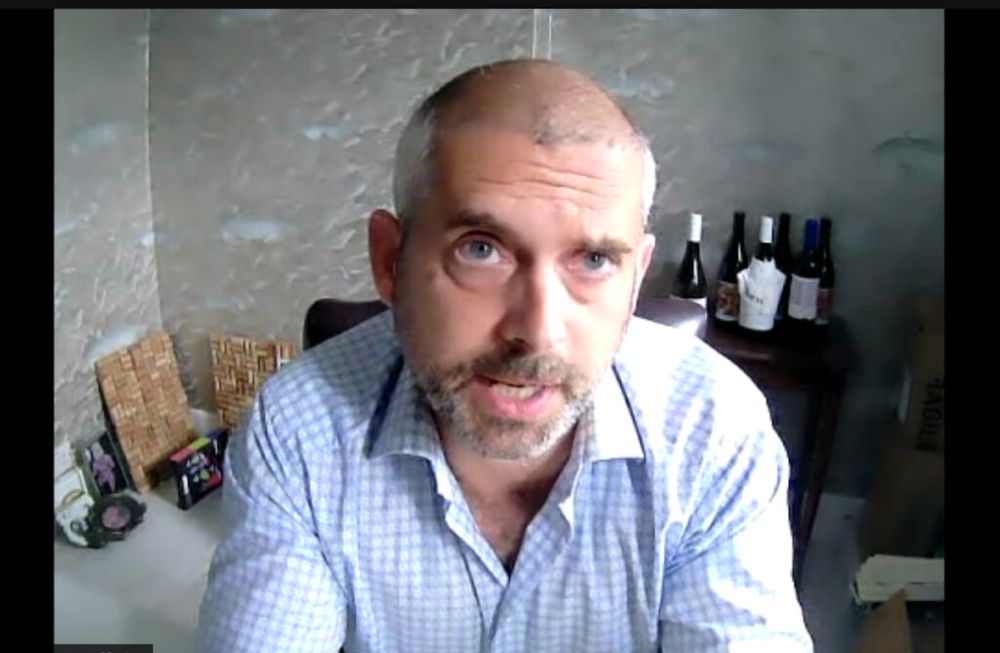
Jamie Wynne-Griffiths says the Propeller model is designed so that it does not take a margin on sales, but works through a retainer with the producers it works with
Wynne-Griffiths says Propeller’s model is viable alternative to a traditional wholesaler who might be understandably cautious about taking on a new producer.
“In any case, a big listing isn’t necessarily the ‘silver bullet’ when it comes to succeeding in the UK. If you get a listing with a major wholesaler, you can lose a lot of control,” claims Wynne-Griffiths. “Smaller producers are often reluctant to appear too pushy for results or feedback, but even at the best of times the flow of information can be pretty limited. And they’ll never get a definitive list of their customers, meaning that if they leave, they effectively have to start again.”
He adds: “Lockdown has exposed the reliance a producer has on their wholesaler and what they should be getting in return. I believe you need to earn the right to distribute a producer’s wine, regardless of whether we’re talking about a famous name or upcoming one. It’s why we have seen so many Champagne houses and brands going DTC as it gives them back control. It is going to be interesting, when the dust settles, and we return to some sort of normal trading, what the bigger wholesalers do.”
He certainly does not feel like he is taking on much risk with Rascallion as it is a “fully formed brand” that is already succeeding in multiple markets around the world.
Wynne-Griffiths says there is no set plan in terms of which producers he is looking to bring into the Propeller stable. “We’re not setting out to have a telephone directory of wine, the selection will always be succinct compared to the major lists, but it will be constantly evolving. If a producer has a great story, a great brand, realistic pricing and great packaging then we will potentially go for it,” he explains.
Clear route to market

Propeller is looking to bring cherry picked producers it knows can work in specialist wine retailers and the premium on-trade
Propeller has a clear route to market and strategy for distribution: “Independent wine merchants are our lifeblood, and we know the kind of wine they are looking for. They are clearly also in a strong position at the moment as the lockdown has been absolute boon. They have shown they are more than capable of selling esoteric and challenging wines. Their customers come to them for that.”
Specialist independents are exactly where Sleet thinks the Rascallion needs to be. “There is a massive opportunity for South African wines at good prices. There is also far more to the South Africa category than we have seen in the UK. We are really excited about the potential here.”
He adds: “We are confident that Jamie can help us reach different customers and consumers. We believe our wines are bang on for what they are looking for. It’s an exciting time to be coming into the UK.”
The Rascallion range
The Rascallion portfolio consists of three brands and ranges that are very different in their consumer focus and target audiences but are also all design driven. Sleet explains why:
“You want to have a brand that can sit on a shelf or a restaurant table that is clearly visible and stands out. Consumers buy with their eyes and that is how we have developed the Rascallion ranges.”
The three core ranges are:
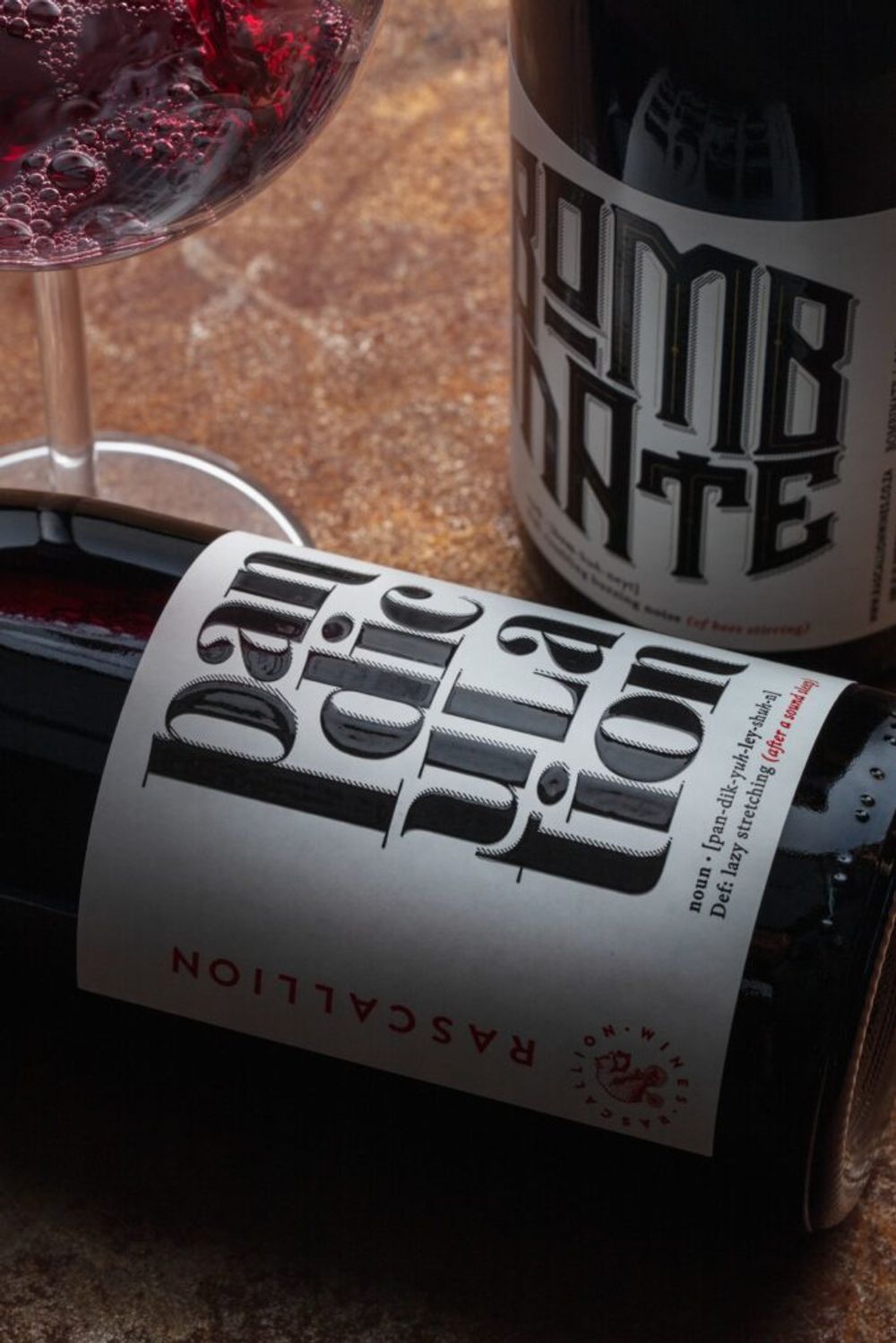
- The “Word Collection” draws on Ross’s love of literature, but most especially his love of languages. Each wine is a unique blend, based on extraordinary plots around False Bay and Stellenbosch and encapsulated by individual words that have fallen out of common usage; Aquiver; Bombinate; Susurrous; and Pandiculation.
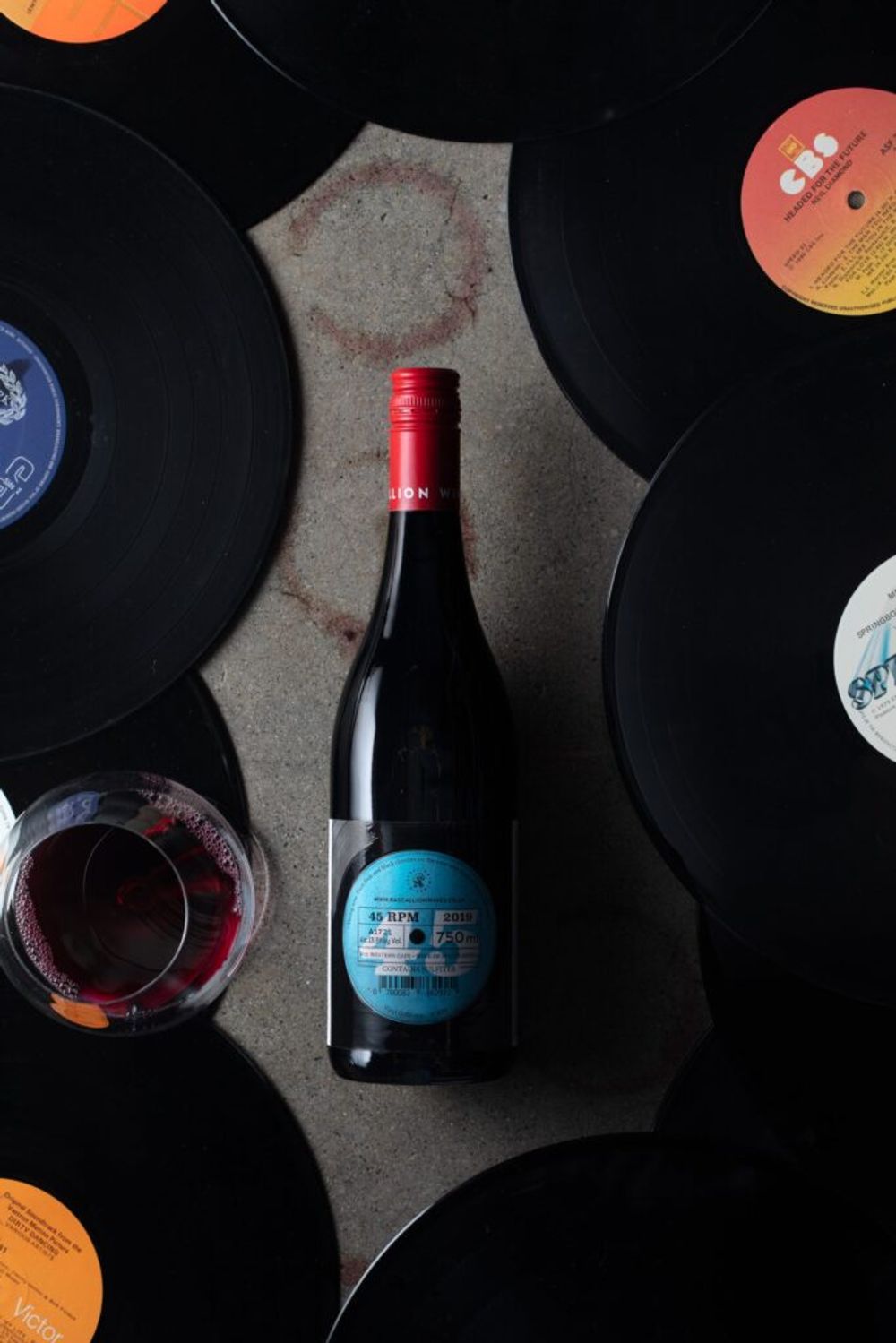
- The “Vinyl Collection” evokes the nostalgia of playing music on vinyl records and comprises two blends based on fruit from Piekernierskloof , driven by the distinctive and original record label design;33 1/3 RPM and 45 RPM.
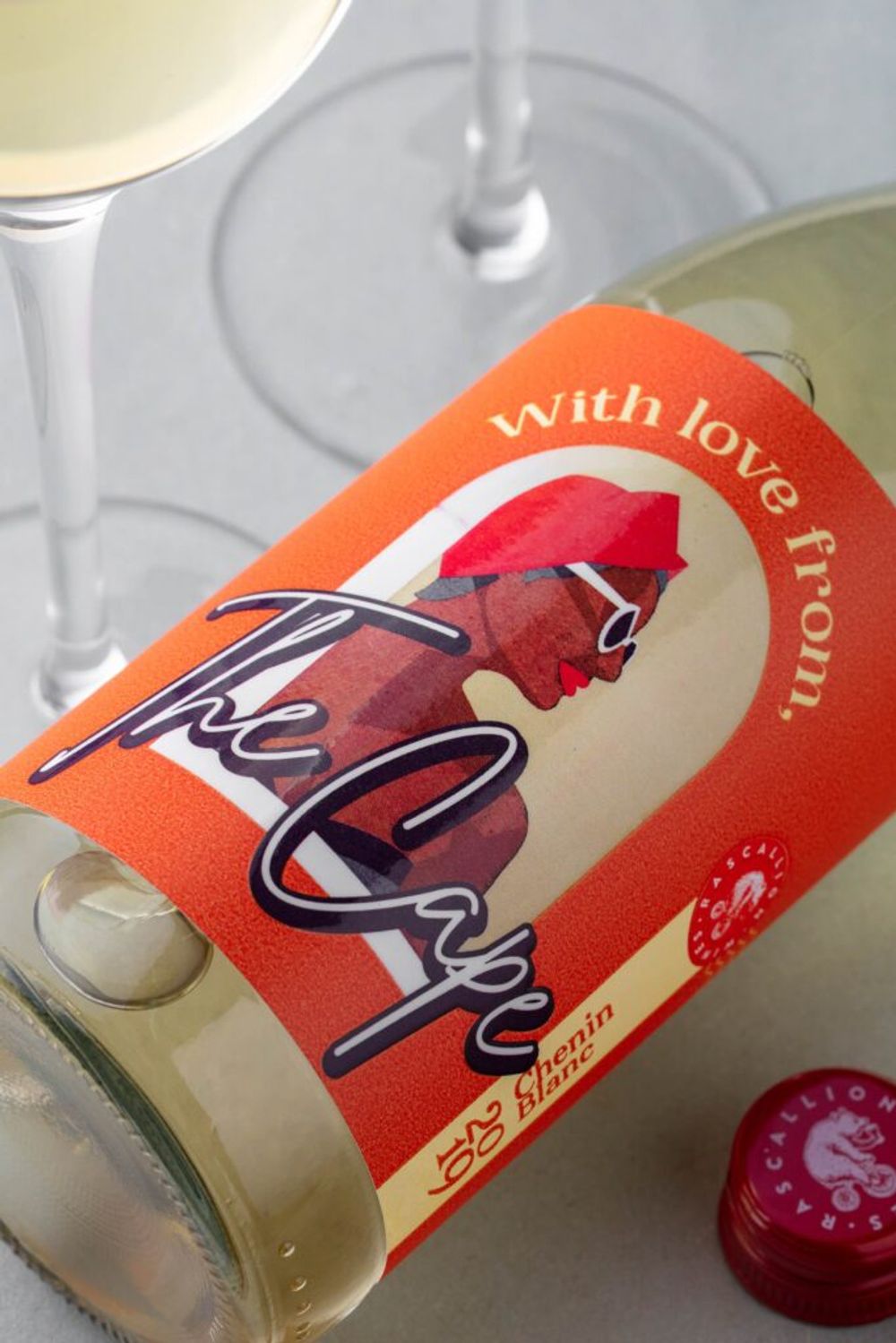
- The “With Love from The Cape Collection” is Rascallion’s entry point varietal range and focusses on the dreams and imagery of South Africa, looking to appeal to a younger audience with its purpose-driven social media campaigns around issues such as female empowerment. A portion of the revenue from this range is donated to a NGO called Dignity Dreams (www.dignitydreams.com) Sleet says the range “is absolutely flying in all the markets we are in”.
Initially Propeller will be bringing in nine wines from across the three ranges but will be able to offer buyers additional wines for channel-specific or strategic opportunities. To help support and push the wines into the market, Propeller is able to maintain sizeable stocks at any one time in the UK.
“We have chosen the SKUs that we think will resonate – highly original blends, knockout packaging and compelling RRP’s,” says Wynne-Griffiths.
Sleet believes there is such a strong future for premium blended wines from South Africa. It’s a case of getting people to try them in order to get them hooked in. “Once people taste the wines, they will see how good they are,” he adds. “We have the terroir – a huge array of different soil types, and the expertise to make wonderful, blended wines.”
It’s also not just about having “quirky wines” for the sake of it, each of the brands in its range have a strong consumer focus and brand proposition behind them, he adds.
Wynne-Griffiths believes all three ranges have a strong future in the UK, but is particularly taken with the clear, clean imagery and design of the ‘With Love from the Cape’ range. “There is so much love and recognition for South Africa out there, a nostalgia for the country and all that its people have been through – this brand really helps tap into that. At £10.99 it is a no brainer.”
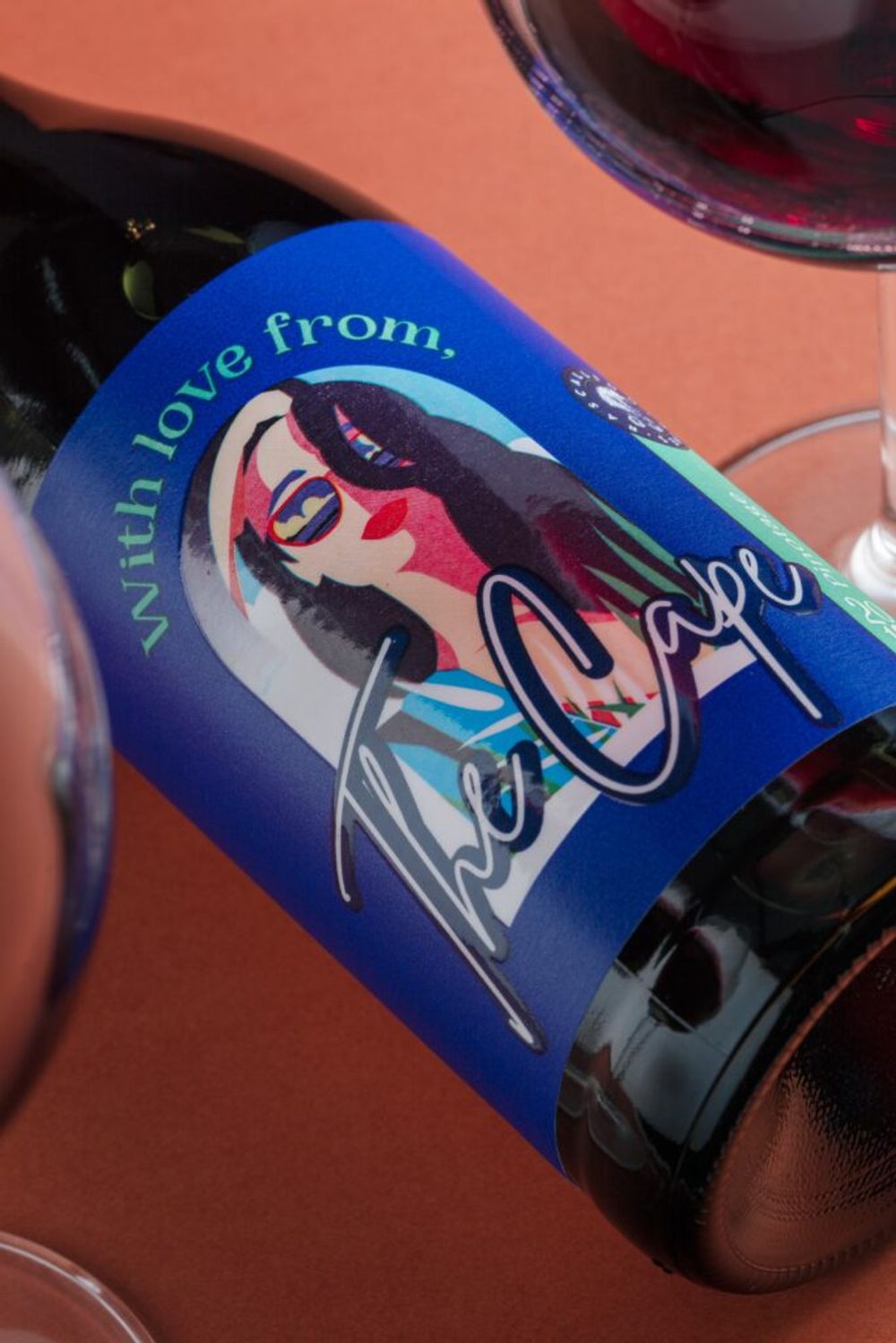
The With Love from The Cape is Rascallion’s varietal range that hopes to appeal to a younger audience with strong Instagram-driven promotional activity
Changing models
The Propeller model might be disruptive in the way it first introduces and seeds wines into the market, but Wynne-Griffiths is also keen to point out that one of their key aims is to introduce their clients to more traditional wholesalers once momentum and profile have been established.
“We’ve been described as a ‘brand incubator’ and that’s not far off what we’re trying to do; take an ‘unknown’ brand, give them unparalleled market research, sales traction and profile so that they can hopefully flourish and establish a long-term presence here.After 12-18 months we’ll sit down and plan the next part of the journey; the producer could stay with us on a wholesale basis, we could introduce them to a ‘regular’ agent, or we could help the retailers that have delivered the volume to become the agent themselves.”
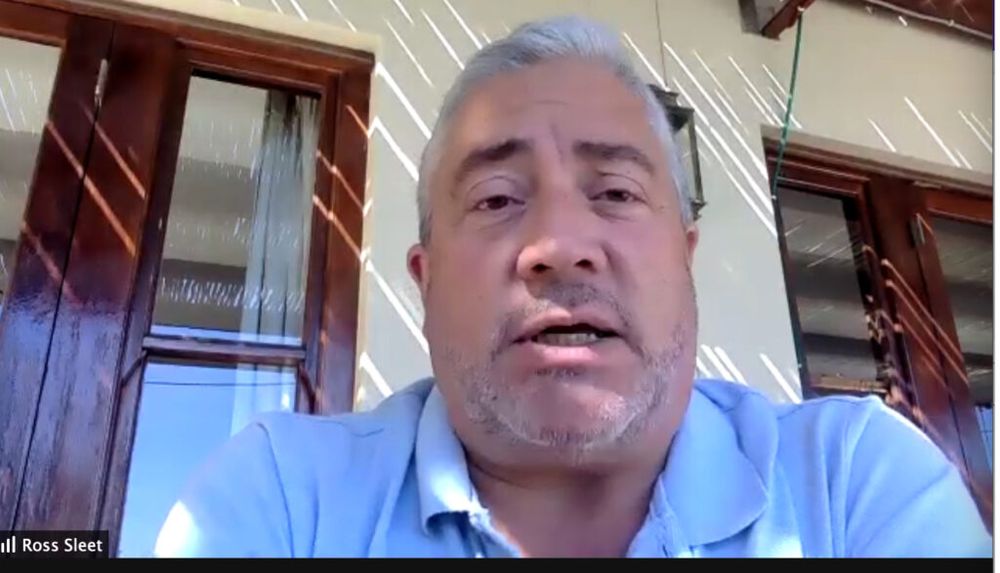
Ross Sleet says he was attracted to Propeller’s model as they are both sharing the risk of distribution
“The conversation with Jamie works,” says Sleet, “as we both understand our costs and what needs to be done. But we can also pick up on sniper projects and act quickly on those too. We can then change tack as the market changes and react to any curve balls that come along. We have succeeded so far by being bendy and flexible.”
Wynne-Griffiths agrees: “The market is going to change. There are going to be more people working from home, who have got used to being in their local environment during lockdown. They are going to have more disposable income and have rekindled their interest in food and cooking at home. Some will have become less interested or more cautious about going out – particularly the 60 plus age group.”
On-trade opportunity
It’s also why Propeller is ready to adapt and look to target on-trade customers once the sector is back up fully running again.
“We are currently finalising terms with two rather high-end producers that we’ll be keen to place directly in the premium on-trade, but primarily we’ll be looking to work closely with regional wholesalers as they are the best stewards of the outlets in their locality, and we have plentiful bonded stock they can access. But it is going to have to be a bit of a waiting game to see what happens when the sector does fully re-open. There’s certainly no lack of pent-up demand but the long term prospects are far from clear.”
Whatever happens in the coming months it’s vital, stresses Wynne-Griffiths, that Propeller remains nimble and can adapt its offer to the changing landscape. The pressures on operators are only going to get more intense once the furlough scheme is removed and the true picture of what impact covid has had on the drinks, retail and hospitality sectors becomesknown.
Propeller’s challenge is finding the most “secure path into the UK” for the producers it works with and making sure it is flexible enough to give its on and off-trade customers what they need, when they need it.
- If you’d like to to know more about Rascallion click here.
- To find out more about how Propeller works clicks here.































